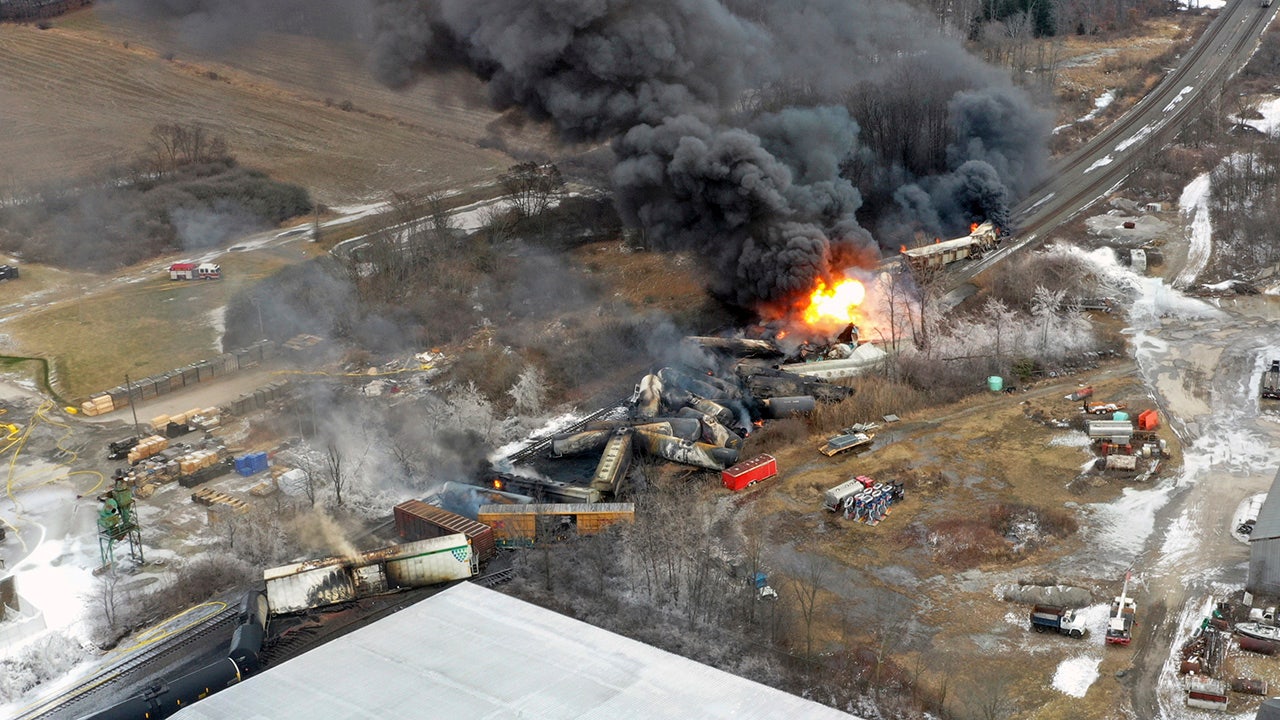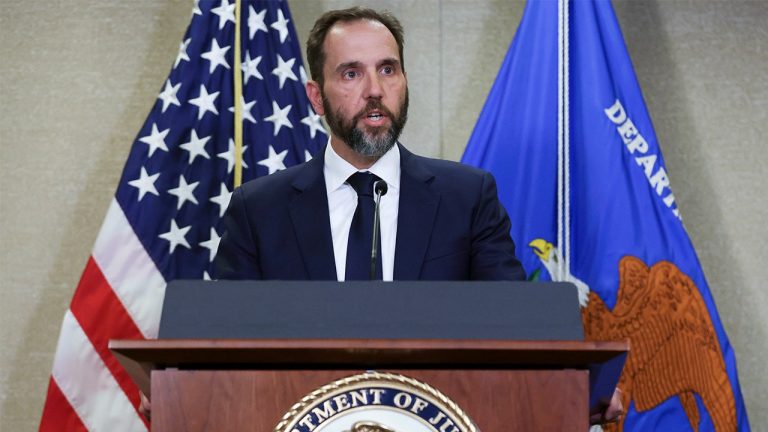Whistleblower claims errors in East Palestine disaster response.
The Environmental Protection Agency finds itself embroiled in controversy as whistleblower claims challenge the accuracy and reliability of early data collected following the derailment of a Norfolk-Southern train carrying caustic materials along the Pennsylvania-Ohio border. The claims of mistakes and “no confidence” in the data cast a shadow over the response to the disaster, raising concerns about the effectiveness of the agency’s efforts.
According to a whistleblower who was involved in interpreting data from advanced radiological sensors on an EPA plane used to survey the damage, the aircraft was deployed too late to provide meaningful assistance. This delay may have led to unnecessary measures such as the controlled release of toxic vinyl chloride from rail cars, stirring doubts about the decision-making process in the aftermath of the derailment.
The EPA’s “ASPECT” plane, equipped with a suite of sensors and software, plays a crucial role in collecting data in disaster areas. However, the whistleblower pointed out that the plane did not fly over the site until a day after the release of vinyl chloride, raising questions about the timeliness and accuracy of the information gathered.
Robert Kroutil, the whistleblower, expressed skepticism about the data collected by the ASPECT plane, describing it as incomplete and irregular. He highlighted concerns about the chemical sensors not being active during the flyover, particularly over polluted creeks in the area, further undermining the credibility of the findings.
The deployment of the ASPECT plane was characterized as unusual and suboptimal by Kroutil, reflecting a breakdown in the response efforts following the derailment. Despite subsequent missions over the location and the establishment of an air monitoring network, doubts lingered about the adequacy of the data collected and the overall handling of the situation.
In the aftermath of the disaster, the EPA reported conducting extensive air sampling and monitoring, reassuring residents that no sustained chemicals of concern were found in the air. The agency pledged transparency and responsiveness to public inquiries, striving to address the fallout from the train derailment effectively.
Political figures in Ohio and Pennsylvania weighed in on the controversy, with Gov. Mike DeWine’s office emphasizing the importance of timely information in crisis situations. Criticisms of the response efforts highlighted the need for improved communication and coordination among stakeholders to prevent similar incidents in the future.
Senators and local officials in Pennsylvania also expressed concerns about the impact of the disaster on their constituents, calling for additional measures to support affected communities and hold responsible parties accountable. Efforts to provide tax deductions to victims of the derailment underscored the ongoing challenges faced by those impacted by the environmental damage.
The fallout from the train derailment serves as a stark reminder of the risks associated with transporting hazardous materials and the critical importance of effective response and mitigation strategies. The whistleblower claims and subsequent investigations shed light on the complexities of managing environmental disasters and the need for robust oversight and accountability in crisis situations.
As the EPA grapples with the aftermath of the Norfolk-Southern train derailment, the scrutiny surrounding the agency’s response underscores the broader challenges of balancing environmental protection, public health, and emergency preparedness. The lessons learned from this incident will hopefully inform future responses to similar emergencies, ensuring a more coordinated and effective approach to safeguarding communities and the environment.








